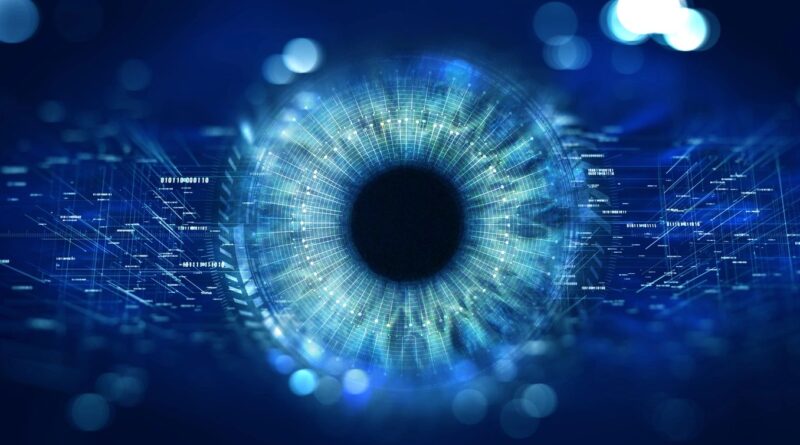Future Trends in Artificial Intelligence for Energy Management
This study reveals the transformational potential of artificial intelligence (AI) in reshaping energy management. The extensive analysis explores the major trends, ethical considerations, regulatory ramifications, and predicted changes. The findings highlight AI’s critical role in enhancing efficiency, sustainability, and resilience in energy systems. Recommendations for stakeholders and policymakers emphasise research funding, ethical deployment, and international collaboration. The study provides a road map for integrating AI for a sustainable and resilient energy future.
Read More













